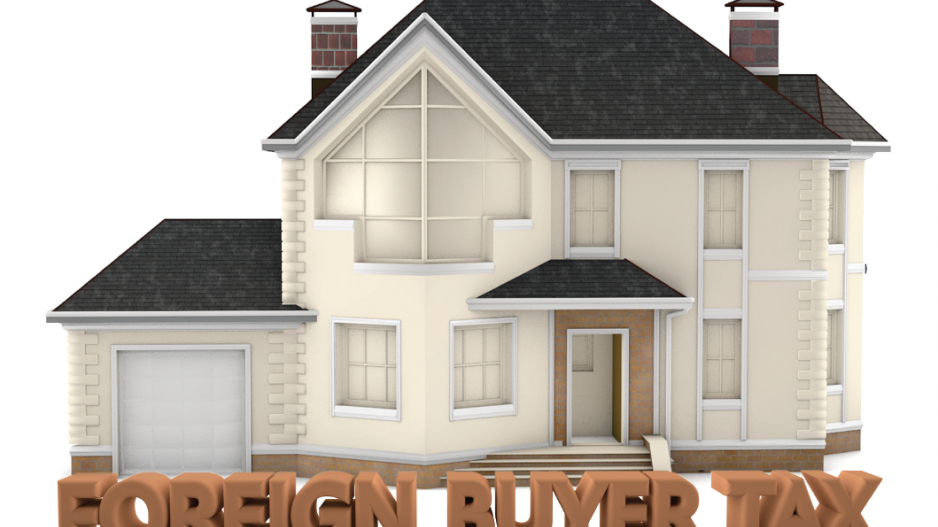A year after the introduction of Canada’s first foreign-homebuyer tax drove Metro Vancouver sales down 44%, the three most popular markets for foreign buyers have yet to recover.
West Vancouver, Richmond and Vancouver’s west side – all areas with the highest proportion of foreign buyers prior to the implementation of the 15% tax on August 2, 2016 – are all seeing lower sales now than in 2016.
West Vancouver and Richmond are also the only major municipalities with house prices lower now than a year ago, and house prices have flatlined on Vancouver’s west side, according to recent Real Estate Board of Greater Vancouver data.
Only 52 detached houses sold in West Vancouver this August, down from 72 in August of last year, and benchmark house prices have fallen by 6.3%, the biggest drop in the Metro Vancouver region. Realtors say the price plunge is more dramatic at the high end of the market.
“There, we have seen price reductions of 20% to 30%,” said Brent Eilers of Re/Max Masters Realty in West Vancouver.
According to Eilers, foreign buyers today immediately discount any asking price by 15% to compensate for the tax “and then begin negotiations downward.”
“The market is extremely sluggish,” Eilers said.
In Richmond, where foreign buyers accounted for 10% of housing sales prior to the foreign-homebuyer tax, according to provincial government studies, the August benchmark price of a detached house was down 0.9% from a year earlier.
This compares with a 43% price increase in the previous 12 months.
In the last year, Richmond detached sales have dropped 31% to 959 houses. The benchmark price for a Richmond house in August was $1.57 million, down from $1.7 million in August 2016.
On Vancouver’s west side, detached-housing sales so far this year are down 42% from the same period in 2016 and, as of August, the benchmark house price had been shaved by an average of $135,000 to $3.5 million.
Neil Hamilton, a senior property adviser with Macdonald Realty Ltd., said mainland Chinese buyers had been “one of the major forces driving the west-side property market over the past few years.
“Recently the Chinese government has been diligently attempting to limit the flight of capital out of [its] country. So the higher-priced Vancouver west-side markets have been experiencing a downturn in activity as a result.”
Hamilton, however, noted that the Chinese government could loosen its restrictive policies.
“I believe that this temporary downturn represents a solid buying opportunity. I can see a very strong spring 2018 market,” he said.
But Eilers is not so sure.
“It is a hell of a lot better time to buy now than last year,” he said, but he suspects that prices for higher-end houses will continue to decline. “Eventually, sellers have to adjust their price.”•




